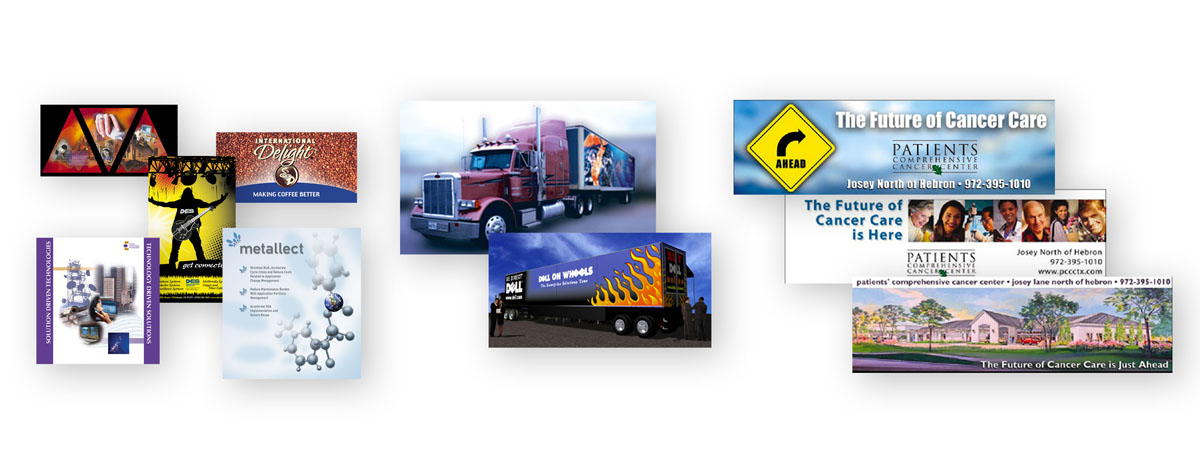“Five Feet High and Rising”

“Five Feet High and Rising”
As a tribute to Johnny Cash, Mother Nature washed down my hometown last week with a classic Spring thunderstorm. For the most part, our creeks did what they were supposed to do, transporting the lawn clippings and tossed-out litter down to the local reservoir, where all that debris could obliterate the fish population and sweep the whole smelly mess down the Trinity River to the folks in Central and South Texas. The one exception was along lower Duck Creek where bitchy Mother Nature sent her annual reminder to those folks about why they got such good deals on those slightly moldy-smelling houses.
As is typical for North Texas Spring weather, the rain was accompanied by some wind — a message to all those tree-huggers that even majestic hundred-year-old Live Oaks have a shelf life. Consequently, we experienced an uptick in curbside brush piles for city pick-up. At least that might temporarily obstruct the lawn crews from blowing even more clippings into the streets.
On the downside, when trees fall, so do power lines, and that’s what I’m really writing about. Power was spotty for a few days and a mile from my home, there’s traffic signal that was out for the whole time. It’s at the intersection of two busy streets — a six-lane boulevard and a four-lane surface road, both of which include left-turn lanes.
One would expect that normal adults, having passed the Texas driver’s license exam, could understand the concept behind a four-way stop (at least by the second day when the traffic signal was flashing red in all directions). One would be expecting too much. I had the unpleasurable experience of learning this firsthand during evening rush hour. I found myself stopped in bumper-to-bumper traffic a half mile from the odious intersection before I remembered the malfunctioning traffic signal. I was trapped!
The Blame Game
Since I had plenty of time (more than I initially anticipated) to consider my dilemma, and since human nature demands an oppressor to validate our victimhood, I set about musing on potential scapegoats.
Cops: My unacceptable delay was obviously the fault of the Garland Police Department. Why the Hell were they not in the middle of that intersection, directing traffic into an organized and efficient flow? OK, I admit they might have had more pressing matters to deal with. Judging from the horns honking and the finger-salutes flying all around me, they may well have been dealing with public violence on a grand scale at some busier intersection.
The Power Company: All this had been caused by a single power pole snapping and creating a domino effect in each direction to its right and left. If our cheap-assed power utility didn’t use bazillion-year-old, defective leftovers from Noah’s scrap pile, this never would have happened. Then again, if they competed for the really primo wood or used metal poles, they might charge me more each month.
The idiots around me: Surely these fools could have taken an alternate route and/or learned how to negotiate a four-way stop more harmoniously. That blame got short-circuited by the realization that the biggest fool of all was sitting behind the wheel of my car, having known full-well about the dysfunctional traffic light for at least twenty-four hours.
Climate change: Nope. This was normal Texas weather. God: Nope. He deals in Fire and Brimstone. Mother Nature: Nope. She’s into volcanos and locusts. Terrorists: Nope. Nobody blew themselves up to cause this. Russell Duckworth: Nope. He’s busy menacing Ladonia’s city council.
So, there I was, suffering for my own shortsightedness with no oppressor to blame and hate for my circumstances. At least I was edging closer to the intersection. That’s when I noticed the absolute ego-drama that was compounding the predicament. Instead of letting a row of cars from the Northbound lanes proceed, followed in orderly sequence by the Eastbound, Southbound, and Westbound lanes, it was every driver for themself.
Cars were trying to dart across under cover of oncoming traffic, nearly t-boning the left turners. Others assumed if they closely tailgated the large truck ahead of them, nobody would notice. And still others appeared caught up in some stream-of-consciousness mindset, totally unaware of anything other than their cell phones, until metal crunched on metal. It was like a death wake for the concept of cooperation.
What’s Next?
So, what happens if our culture encounters a significant inconvenience? I’m not talking about an actual disaster like, say, that North Korean nimrod with the bad haircut lobbing a nuke into Southern California. No matter how us normal Americans feel about California, we’d still dust off our patriotism, band together, beat our chests and annihilate the foreign agitator along with a few million other collateral sacrifices.
What I’m talking about is a major “inconvenience” like maybe those nefarious Russian hackers totally shutting down the internet. What would happen if Americans had to go a month without social media, Amazon delivery, Google searches, or smart phone maps. No insane despot would need to nuke us. They’d just sit back and enjoy the show as we all devoured each other.
The internal threat to our way of life may already be “five feet high and rising”.
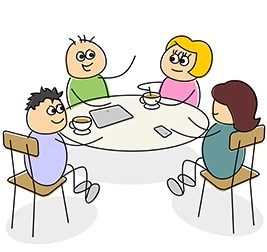 Let’s talk. I’d really like to hear what you have to say, and it might even give me something to write about. Email me at guy@lawsoncomm.com.
Let’s talk. I’d really like to hear what you have to say, and it might even give me something to write about. Email me at guy@lawsoncomm.com.
I’ll buy you coffee and we can compare notes. I promise not to steal your ideas without permission.
![]()
Wars will remain while human nature remains. I believe in my soul in cooperation, in arbitration; but the soldier’s occupation we cannot say is gone until human nature is gone.
Rutherford B. Hayes


Did someone forward this newsletter to you after reading it themselves? Don’t settle for that!
CLICK HERE
to get a fresh, unused copy of this newsletter sent directly to you every Sunday morning. If you decide it stinks, you can always unsubscribe.
Understanding Cognitive Biases
— Alexander Swan
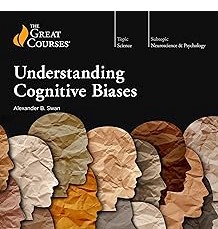
You and I were born with a specific tendency to interpret life in a way that mimics our ancestors. After all, that thinking kept them alive long enough to procreate and extend the branches of the family tree out to us. We also picked up some biases from our surroundings — some good, some not so good. Swan’s book doesn’t attempt to condemn or support any specific set of biases. It’s just a great introduction to the understanding of how they got there.
Being Human: Life Lessons From the Frontiers of Science
— Dr. Robert Sapolsky
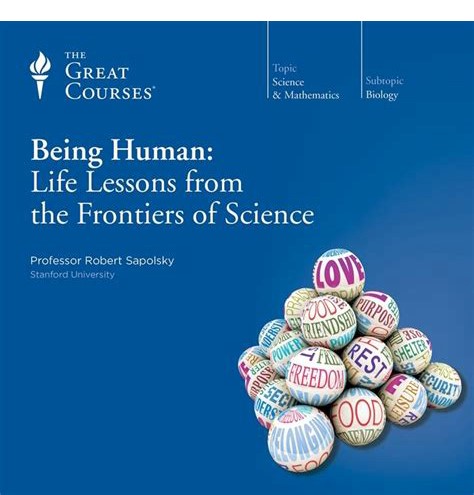
Yep, I recommended this book a few weeks ago but during a recent 20-hour roadtrip, I had time to finish it along with several others. The first part of this book is excellent reading but the payoff is the last three chapters. They are the reward for investing the time to read (or listen to) the initial chapters and, in this case, the reward is substantial.
Supercommunicators
— Charles Duhigg
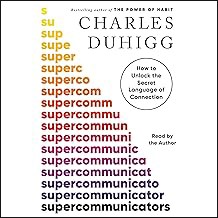
Like I said, I was on a roadtrip and had lots of listening time. I started this book while driving and I’m almost finished. It’s not a series of lectures like the :Great Courses” books above but it’s built around some fascinating stories about super communicators and what we can learn from them.
A meeting of great minds who think alike










